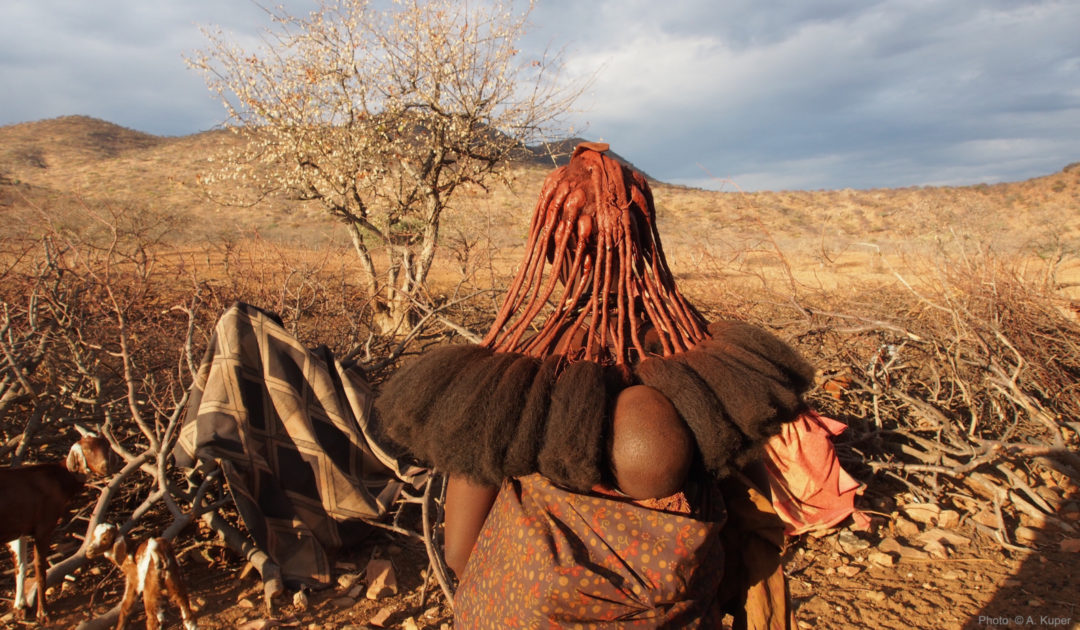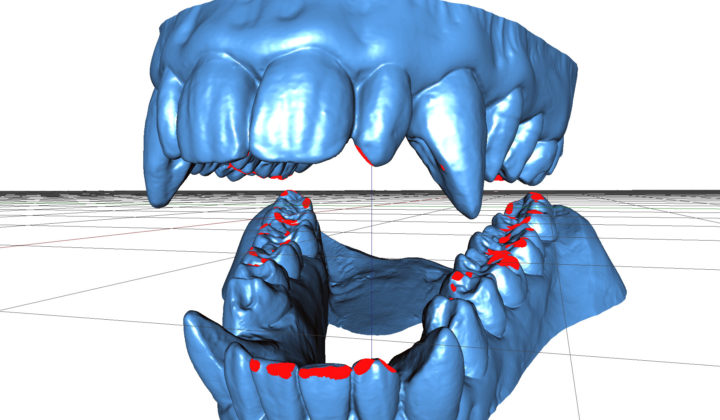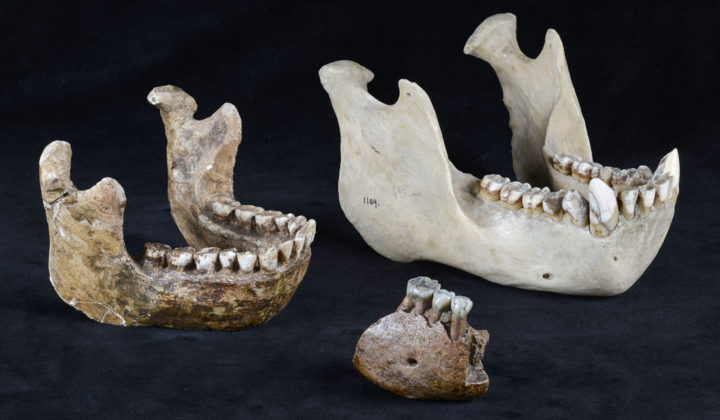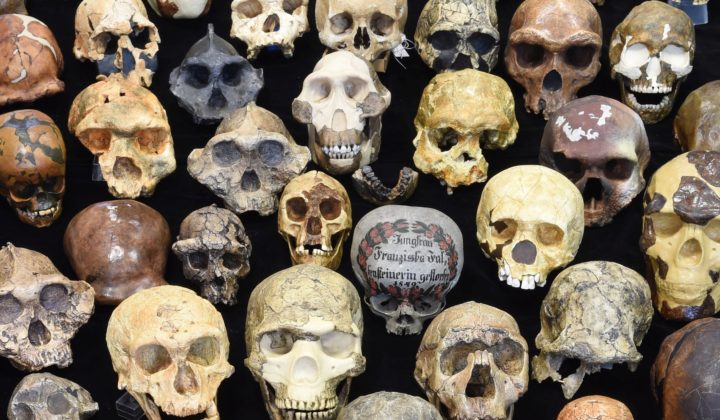Palaeoanthropology
Human Ethology Film Archive
In the 1960s Irenaeus Eibl-Eibesfeldt developed a cross-cultural research program on universals in Human behaviour and hence founded the Human Ethology Film Archive.
Aiming at recording unstaged social interaction, together with his team at the Research Unit for Human Ethology based at the Max Planck Institute for Behavioural Physiology at Seewiesen, Germany, he documented every day life of people in a variety of societies worldwide, in film, photography and audio recordings.
In five societies in Southern Africa (San, Himba), South America (Yanomami) and Southeast Asia/Oceania (Eipo, Trobriander) the researchers regularly visited the same families over and over for several decades. The result of this work is a unique record of the course of life of individuals from infancy to adulthood and to the next generation, as well as of the history of their societies, of the changes in their conditions of life and cultural change. Beyond these long-term projects shorter studies were conducted in Bali, the Philippines (Tboli, Tasaday, Agta), and in Central Australia (Walbiri, Pintubi), and spot checks were carried out in several other societies including Europe. Cross-species comparative recordings document chimpanzees in the wild, mainly from the research of Jane Goodall documented by Hugo van Lawick.
In 2014 the archive, which comprises approx. 800 hours of film today, was entrusted to Senckenberg, where it is welcomed as the, now, world’s largest archive on human bio-cultural diversity and an ideal complement to our research on human evolution. It is the basis and starting point of our interdisciplinary research focus on the interplay of universality and diversity in human culture and behaviour, which will be entrenched in a scheduled cooperation professorship.
The scientific work is attributed to the Senckenberg research field Research Field 4 Biodiversity and Earth System Dynamics.





